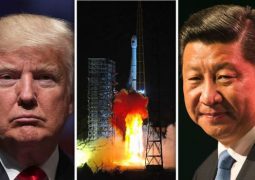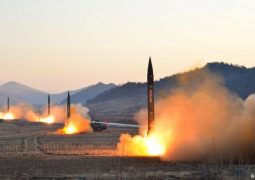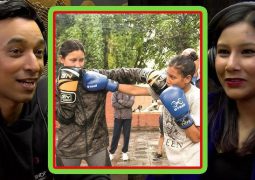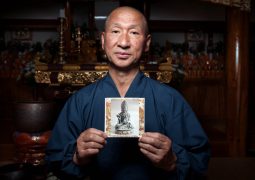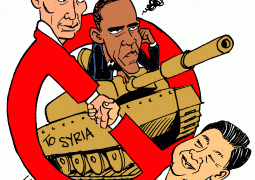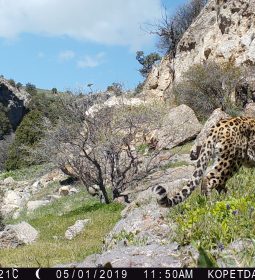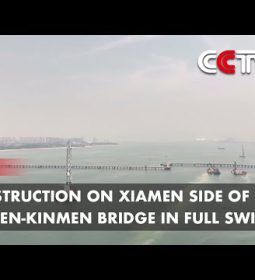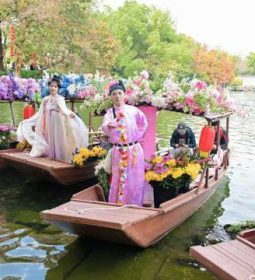OSCE/ODIHR publish interim report
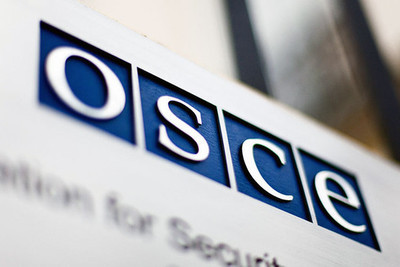
The transition of power is carried out in conditions of continuity and stability, – the OSCE / ODIHR Mission concludes.
The OSCE / ODIHR published an interim report of OSCE / ODIHR Mission for monitoring the elections of the President of the Republic of Uzbekistan on November 24 on its official web-site.
The report has been drawn on the results of monitoring the preparation and conduct of presidential elections in the period from 2 to 20 November.
Following an invitation from the Central Election Commission (CEC), and based on the recommendation of Needs Assessment Mission conducted from 11 to 13 October 2016, the OSCE Office for Democratic Institutions and Human Rights (OSCE/ODIHR) established an Election Observation Mission (EOM) on 2 November. Cooperation with OSCE / ODIHR in the observation format has already become traditional. The Mission of the organization has been participating in monitoring the parliamentary and presidential elections in Uzbekistan since 1999. This will be the seventh election observed by the OSCE/ODIHR, and the first full-scale election observation mission with short-term observation of election day proceedings.
This decision was due to the readiness of Uzbekistan to hold elections in a transparent manner in accordance with recognized international standards, — according to the report of the OSCE / ODIHR following the assessment of electoral environment in Uzbekistan in the period from 11 to 14 October.
However, is it possible for such a short time — two weeks — to avoid superficial conclusions and to delve into the depth of what is happening in Uzbekistan. Anyway, experts have attempted to analyze the election campaign and pre-election situation in Uzbekistan.
And here is the conclusion to which they came.
Uzbekistan is a multinational country where all citizens are equal and without discrimination enjoy the constitutional rights and freedoms.
The Central Election Commission of the Republic of Uzbekistan in full compliance with the requirements of the Constitution of the Republic of Uzbekistan and the Law “On elections of President of the Republic of Uzbekistan” given the demands on the three-month period for campaign activities announced the start of the election campaign on 9 September of the current year and identified 4 Dec 2016 as a voting day.
The presidential election is primarily regulated by the Constitution, the Law on Election of the President (PEL), the Law on the Central Election Commission (Law on the CEC) and the Law on Guarantees of Suffrage to Citizens (Law on Suffrage). Provisions are dispersed throughout a multitude of other legal acts and CEC resolutions. In December 2015, following the last presidential election, some amendments were introduced to the PEL, the Law on the CEC and other election-related laws.
Namely, the number of supporting signatures required for candidate registration was lowered from five to one per cent of voters nationwide and an obligation was introduced for the CEC to publish its resolutions on its website, in line with previous OSCE/ODIHR recommendations. In addition, the legal provisions on campaigning and early voting were elaborated.
Most importantly, experts agree that these novels have been introduced taking into account the previous recommendations of the OSCE / ODIHR and comply with internationally accepted election standards.
The report describes democratic order of formation of election commissions, which is done by local representative bodies on the basis of proposals of local authorities without the participation of the executive branch. The attention of experts of the ODIHR was drawn to “a comprehensive voter awareness campaign on various aspects of the electoral process”. The CEC for the first time in electoral practice has adopted a Program of measures to improve legal culture of voters. It holds a special place in work to prevent cases of so-called “confidence vote”, and civil society institutions are actively involved in its implementation.
To facilitate independent participation and further protection of electoral rights of voters with disabilities, the CEC passed a regulation addressing the needs of persons with disabilities. For the first time, some ballots will be printed in Braille.
Good assessment in the report was also given to hotlines operating by the CEC and Ombudsman, that continuously receive and consider complaints from voters concerning election.
The CEC provided equal opportunities for all Presidential candidates, including an equal amount of airtime and space in all types of media, and the use of a new format of video-conferencing for meetings with voters allowed to provide wider coverage of voters, the report says. The Ministry for the Development of Information Technologies and Communications conducts content monitoring and reports to the CEC. Monitoring results are not made public before the election. The OSCE/ODIHR EOM commenced its media monitoring on 4 November
Political parties are required to submit campaign finance reports on their expenditures to the CEC within 20 days after the publication of election results. In addition, they are required to publish income in party newspapers and the official party websites within one month after the publication of election results. The Chamber of Accounts and the Ministry of Finance are mandated with monitoring compliance with party and campaign finance regulations.
Overall, the report allows to conclude that Uzbekistan has established a democratic state of law, where elections are carried out strictly in accordance with the Constitution and laws of the country, based on full consideration of the characteristics of national statehood.
However, the report shows some deficiencies and problems in the electoral process, the removal of which, allegedly, will facilitate the holding of elections to a higher level and quality.
In response to conclusion of the mission, Uzbekistan is always open in the dialogue process, but only accepts constructive criticism, willing to accept and implement the recommendations, but only if they are justified and prudent.
The experts will have even more opportunity to learn about the extensive work being undertaken in Uzbekistan in the sphere of democratization of state power and management, development of election legislation and practice of preparation and conduct of elections. Many of those experts who have already participated in election observation in Uzbekistan past years, will be able to compare and give a realistic assessment to sequential steps to improve the electoral system, the deepening of democratic processes in the society, their importance for stability, peace, harmony and sustainable development.
- Previous Mongolia State Bank’s privatization to worth at least 300 bln togrog
- Next Draft law “On combating corruption” sent to Senate



